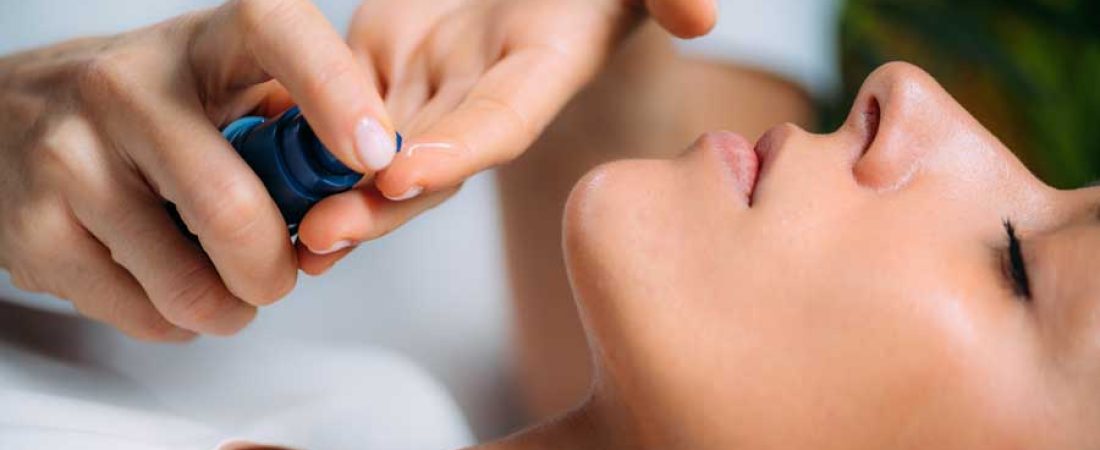Why Hydration is the Key to Healthy Skin
You know that drinking water is good for you. Of all the health benefits water provides for your body, it also keeps your skin plump and hydrated.
Why is hydration so important for healthy skin?
Keeps Dry Skin at Bay
Aside from not drinking enough water, there are many other reasons for dry skin.
- Seasonal changes
- Hormonal changes
- Irritants/Air pollution
- Aging/Mature skin
- Harsh skincare products
Remember that dry skin is at greater risk for skin irritations, inflammation, acne and of course, sagging and wrinkles.
The Power of Hydration
In addition to keeping skin plumped up and looking firmer, other benefits of hydration include:
- Faster flushing and removal of toxins from the skin
- Increases blood flow to the skin to help even out complexion and skin tone
- Improves skin elasticity to help tighten up sagging skin
- Reduces puffiness
- Minimizes appearance of pores
- Reduces oiliness of skin
- Balances pH levels to reduce blemishes and acne flare-ups
How to Increase Skin Hydration
Hands down, the least expensive and easiest way to increase skin hydration is to drink more water. It’s commonly recommended to drink eight glasses per day to reduce the chance of dehydration and accomplish all the things highlighted above that can show up on your skin.
While it may be hard for you to imagine drinking more water each day, remember all the tasty and vitamin-infused options available on the market today. These options certainly make it easier to keep hydration more fun, flavorful and doable.
Remember your ABC’s when it comes to taking supplements to improve skin texture and hydration. Vitamins A, B, C (plus D, E and fish oil) are all skin-loving supplements for healthier skin.
The other ways to increase skin hydration are:
- Facials
- Exfoliation Treatments
- Massage
- Using lukewarm – not hot – water for washing your face and taking a shower
- Using gentle products to clean and tone that prevent stripping skin of natural oils
- Daily use of sunscreen
- Using hyaluronic acid or hydrating serum each night
- Adding ceramides or natural oils (e.g., sweet almond oil)
Wrap Up
As you have learned, there are plenty of ways to combat the effects of dehydrated skin. A lot of these changes are not only good for your skin, but for your overall health and well-being.
For professional services, skin analysis and recommendations, reach out to the skin experts at Laura Skincare in Petaluma.
Whether you need help with seasonal or chronically dry skin, we can help restore and keep your skin looking healthy and hydrated.


